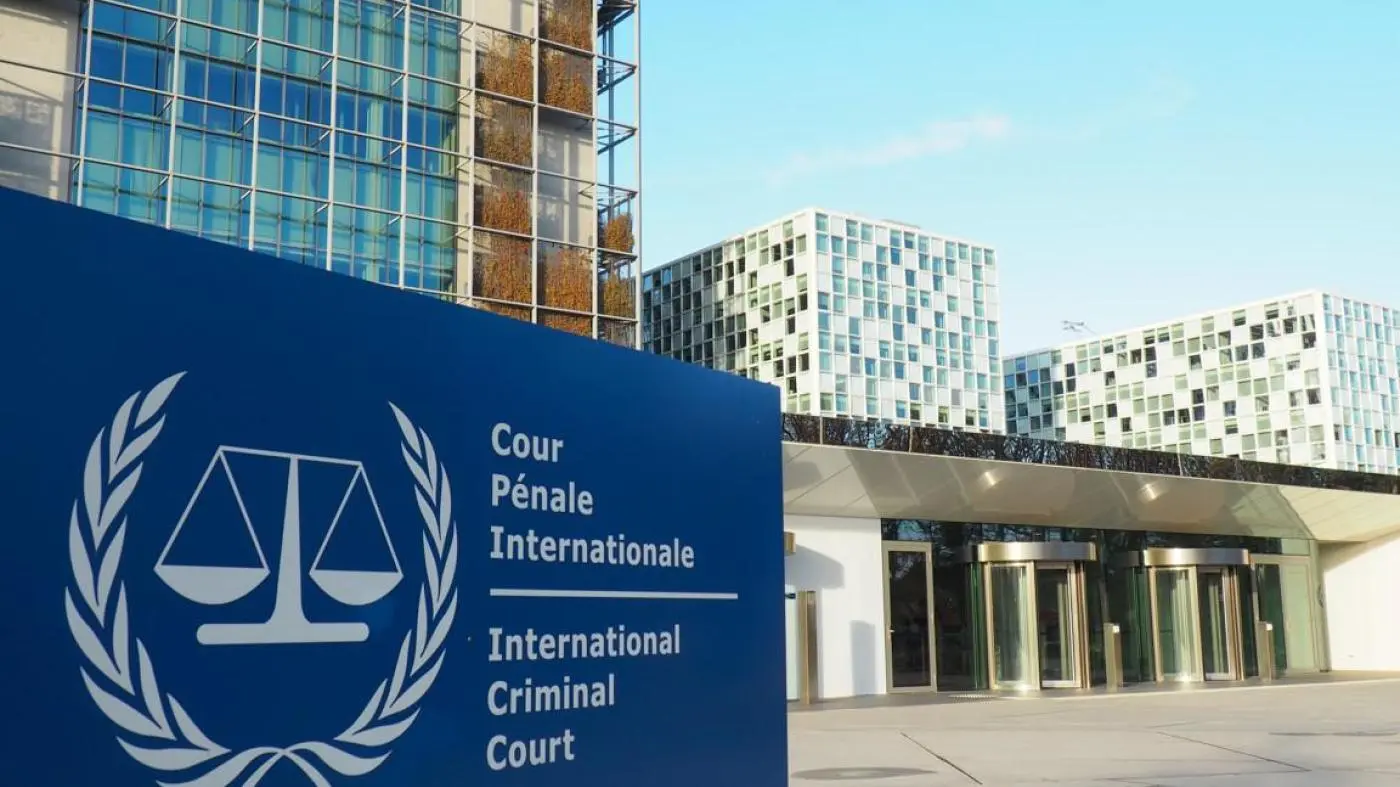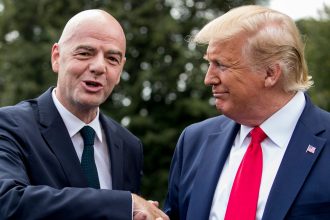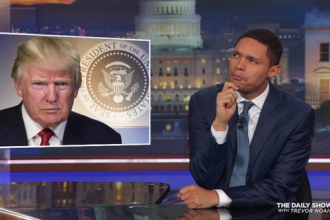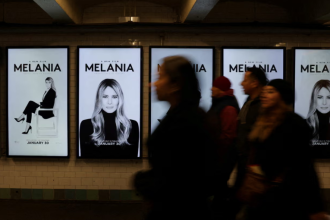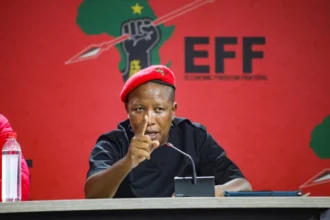US President Donald Trump has taken a hardline stance against the International Criminal Court (ICC) by signing an executive order imposing sanctions on the tribunal. The decision, announced by a White House official on Thursday, aims to punish individuals involved in ICC investigations targeting the United States and its allies, particularly Israel.
What the Sanctions Entail
The executive order enforces financial restrictions and sanctions on individuals and their families who support or participate in ICC investigations against US citizens or allied nations. The move follows a failed Republican-led effort in the US Senate to impose penalties on the ICC in response to its arrest warrants against Israeli Prime Minister Benjamin Netanyahu.
The ICC has yet to officially respond to the sanctions, but sources indicate the court had already prepared financial safeguards, including paying staff salaries three months in advance in anticipation of potential US restrictions.
A Recurring Clash: US vs. ICC
This is not the first time Trump has used economic measures to retaliate against the ICC. During his first administration in 2020, Washington imposed similar sanctions on then-ICC prosecutor Fatou Bensouda and a senior official for investigating alleged US war crimes in Afghanistan.
The ICC, headquartered in The Hague, Netherlands, is an independent 125-member tribunal with the authority to prosecute individuals for war crimes, genocide, crimes against humanity, and aggression. However, several major global powers, including the United States, China, Russia, and Israel, are not members of the court, arguing concerns over sovereignty and potential political bias.
International Response and Potential Fallout
The latest move by Trump raises questions about the future of international justice and the US’s commitment to global accountability mechanisms. ICC President Judge Tomoko Akane previously warned that such sanctions could undermine the court’s operations and threaten its long-term viability.
While the US government views the ICC as a threat to its sovereignty, human rights organizations argue that the sanctions further erode international justice and set a dangerous precedent for impeding war crimes investigations.
With Netanyahu visiting Washington today, the timing of the sanctions suggests a politically strategic move to reaffirm the US-Israel alliance amid rising global scrutiny. However, critics warn that such actions could isolate the US on matters of international law, creating diplomatic rifts with ICC-supporting nations.
As tensions escalate, the world will be watching closely to see how the ICC, US allies, and the international community respond to Trump’s latest power play.

